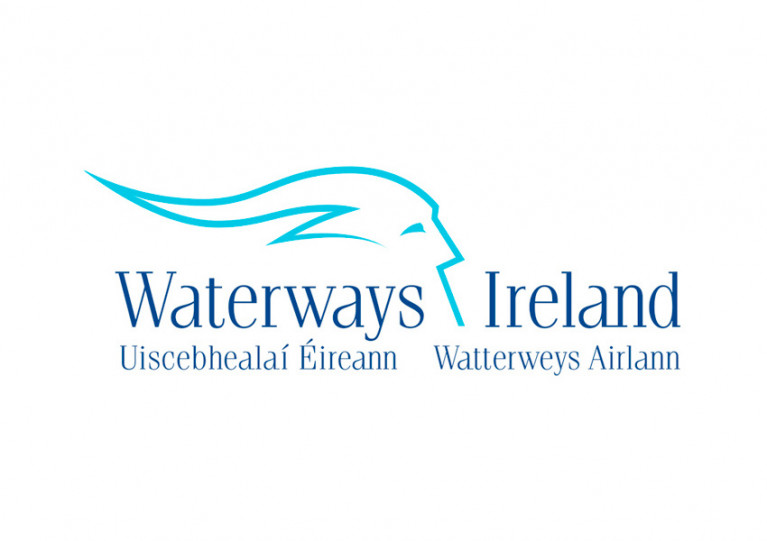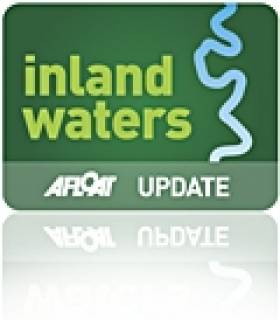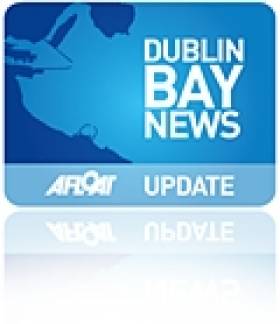Displaying items by tag: Portobello
Grand Canal’s Portobello Lock Closed For Essential Maintenance
Waterways Ireland advises masters and owners of vessels that Lock C7 on the Grand Canal at Portobello is temporarily closed for essential maintenance. Passage through the lock will not be possible until repairs are completed on Monday 7 September.
Grand Canal City Dredging Works Completed
#GrandCanal - Waterways Ireland has issued notice that dredging works on the Dublin Main Line of the Grand Canal between Portobello and Inchicore have now been completed.
As previously reported on Afloat.ie, the works between Lock C7 at Portobello and Lock 2 at Davitt Road were instigated to keep the canal navigable for a large range of boats.
The dredging works involved the removal of sediment deposits from the central navigation channel and the clearance of rubbish.
Meanwhile, major renovation works on the city terminus of the Grand Canal at Ringsend Basin are ongoing with a view to completion in mid May.
Dublin Cycle Route Extension Put On Hold
The planned connection of Dublin's main coastal and canal cycling routes has been put on hold following "intensive lobbying", the Dublin Observer reports.
Planning permission had already been granted by Dublin Ciy Council for the completion of the €10m project to connect Portobello and the Grand Canal with East Wall Road via the Docklands.
But the council is now "re-evaluating" the section between Docklands and Fairview Park following complaints from East Wall residents, prompting the suspension of €4 million of funding by the Department of Transport.
Council officials and councillors have also apparently disagreed on what public consultation had happened with residents in the East Wall area regarding the cycle route.
Fine Gael Cllr Naoise Ó Muirí has argued that the "rationale for the strident opposition from within East Wall seemed pretty flimsy at best".
The Dublin Observer has more on the story HERE.































































